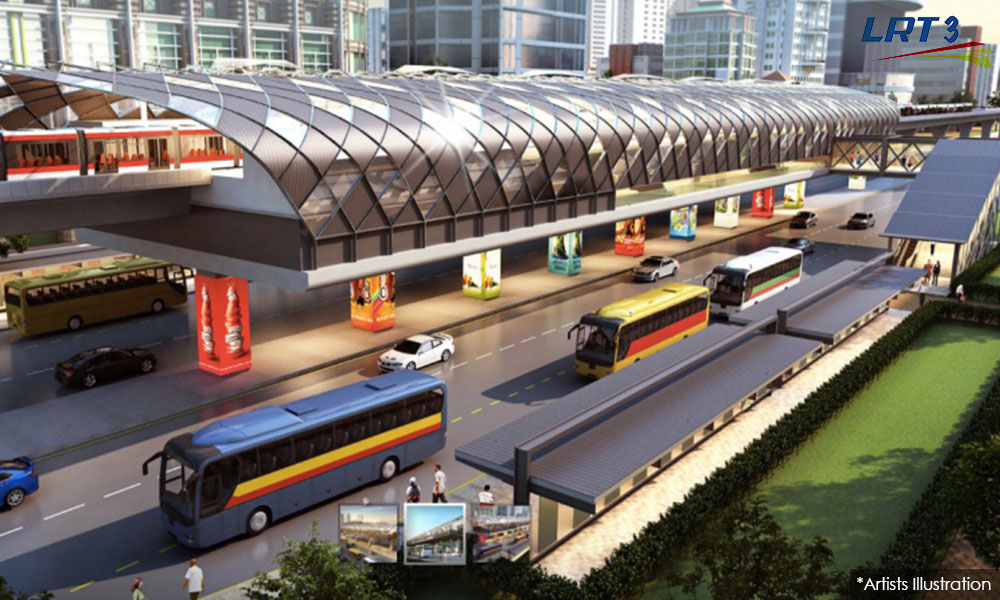Former prime minister Najib Abdul Razak had personally chaired tender committee meetings for LRT3 and therefore could not feign ignorance that the cost of the project had ballooned, said a special officer to the finance minister.
The MP for Damansara, Tony Pua, said that in March this year, project owner Prasarana had awarded RM15.2 billion worth of work package contracts (WPC) for the LRT3 project.
"Each of these WPCs was approved by the minister of finance, of where you were not only the minister, you personally chaired the tender committee meetings.
"Hence, you were obviously terrible with your job, since you now claim that 'no contracts worth RM15 billion… were signed'," Pua, who is a special officer in the Finance Ministry, said in a statement today.
He said Najib also could not feign ignorance that the initial RM9 billion price tag for LRT3 merely involved construction cost.
"It did not include, among other things, the cost of land acquisition, PDP fees, other consultant fees, operational and overhead costs, as well as interest during construction," he said.

Pua was responding to Najib, who told Malaysiakini yesterday that LRT3 did not cost RM31.65 billion as claimed by Finance Minister Lim Guan Eng.
Najib said he did not receive any correspondence from Prasarana in March regarding the additional RM22 billion needed to complete the project.
Najib also described the RM31.65 billion price tag as "mythical".
Pua said this, along with Prasarana's assurance that the project would cost RM9 billion, was irrelevant now that Prasarana itself has affirmed that the cost of LRT3 has increased to RM31.65 billion.
"The fact that you had 'not approved' Prasarana's request yet for an additional RM22 billion allocation, does not mean that the overall cost did not run out of control," said Pua.
The cabinet has resolved that the RM31.65 billion bill must be pared down to RM16.63 billion, which would include WPCs, land acquisitions, project management, consultancy fees, operational and overhead costs, as well as interest during construction.
One station had to be removed from the original plan and five others postponed while the original plan to have 42 six-car trains will be reduced to 22 three-car trains.
The Transport Ministry has also given its assurance that the necessary upgrades will take place when necessary.

